9 Ways Yoga Helps to Relieve Anxiety and Lower Stress
9 Yoga tips on How to Overcome Anxiety |
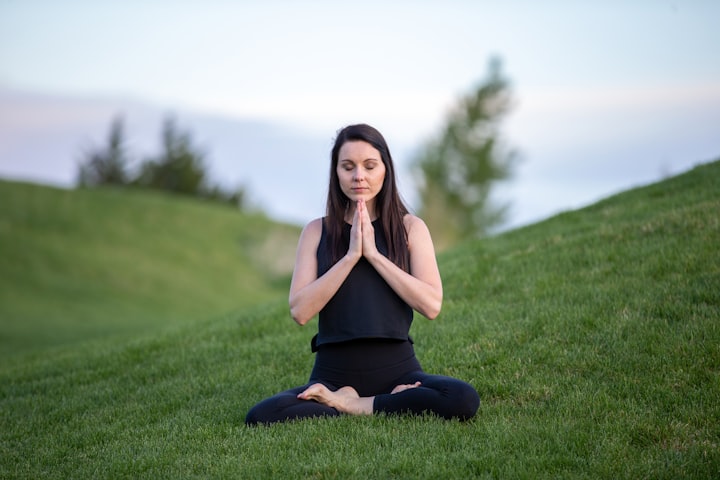
With just one yoga technique, you will be relieved of your anxiety and stress!
Stress, fear, anxiety - if we start listing all the times in our lives when we have experienced these emotions, we would lose count! Worrying about the outcome of an exam or our parents' reaction to a report card; nervousness about a first date or a job interview - we've all experienced these moments. A little fear is normal; in fact, like salt in food, it's necessary for discipline, focus and energy.
It becomes a problem when this fear becomes persistent and so intimidating that it interferes with our daily lives. Then it becomes an anxiety disorder, a state of excessive discomfort, worry or fear of the unknown, which needs to be treated, and that's where yoga can help.
It is important to know that yoga alone should not be considered the only means of treatment. A consultation with a doctor or specialist is necessary. The doctor will guide you and help you understand your type of anxiety disorder - panic disorder, obsessive compulsive disorder, post-traumatic stress disorder, social anxiety disorder, or generalized anxiety disorder among many others.
Note: Allopathic medications can have side effects; you may want to consider other treatment options such as homeopathy and Ayurvedic medicine.
How do you know if you have an anxiety disorder?
- You feel unusually panicky, uncomfortable and fearful.
- You tend to lose control of obsessive thoughts following a traumatic experience.
- You wake up with frequent nightmares.
- You tend to wash your hands repeatedly.
- You have problems sleeping.
- Your hands and feet are abnormally sweaty.
- You suffer from frequent palpitations.
How can yoga help to overcome anxiety?

A regular yoga practice can help you stay calm and relaxed in everyday life and can also give you the strength to face events as they come without getting agitated. Ideally, the practice of yoga includes the complete set of asanas (postures), pranayamas (breathing techniques), meditation, and the ancient philosophy of yoga, all of which have helped anxious patients recover and face life with positivity and new strength.
Sushama Goyal, a housewife testifies, "I used to feel tense all the time and worry about small things. All the small things made me feel unsettled. My husband decided to see a doctor who told us that I had a generalized anxiety disorder. I went on medication and practiced yoga and meditation regularly for about six months. Today, I feel a rebirth. My thinking has changed, I feel much more stable internally, and I have regained confidence that whatever happens to me will be for my own good. I am no longer afraid of the future! Yoga has given me that strength."
Like Sushama, you can begin to embrace a life without fear and with a positive mindset. The following yoga techniques can help calm a troubled mind.
# 1: Move your body and free your mind from stress with asana.
These yoga postures can help achieve a happy mind and a healthy body. Asanas help release tension and anything negative in the system.
- Dhanurasana (bow pose)
- Matsyasana (fish pose)
- Jan Shirsasana (head to knee pose)
- Setubandhasana (half bridge pose)
- Marjariasana (cat pose)
- Paschimottanasana (back stretching posture)
- Hastapadasana (hands to feet pose)
- Adhomukha Shwanasana (head down dog pose)
- Shirshasana (headstand)
- Shavasana (corpse pose)
Note: At the end of your yoga postures, lie down in Yoga Nidra to give your body and mind a few minutes of relaxation. The technique is helpful in removing toxins from the body, which is a primary cause of stress.
# 2: Breathe correctly with pranayama to relieve anxiety
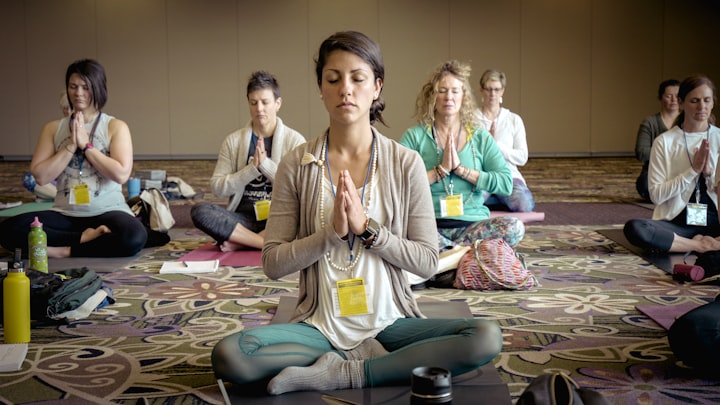
Putting your attention on the breath can help clear the mind of all those unnecessary thoughts that cause anxiety. Try the following breathing practices:
Kapal Bhati Pranayama (Shining Skull Breathing Technique)
Bhastrika Pranayama
Nadi Shodhan Pranayama (alternate breathing) - effective in releasing stress in the system (when the exhalation is longer than the inhalation)
Bhramari Pranayama (bee humming breath)
# 3: Meditate to appreciate the gift of a relaxed mind
Meditation can be an excellent technique for relaxing a distracted mind, giving you a sense of calm and peace, and also for observing, through daily practice, how your mind works to keep you caught up in the small, insignificant things around you. It can also help you not to worry too much or become anxious about an unknown future.
You've probably heard the term "adrenaline rush" used often. This happens when we are overly anxious about a potential danger. For example, when going on an adventure. In this case, the level of the adrenaline hormone rises, which causes our heart to beat faster, our muscles to tense up and our body to sweat profusely. Scientific research has shown that regular meditation practice can significantly reduce the level of this stress hormone.
# 4: Apply the philosophy of yoga in your life, stay happy and enjoy every moment
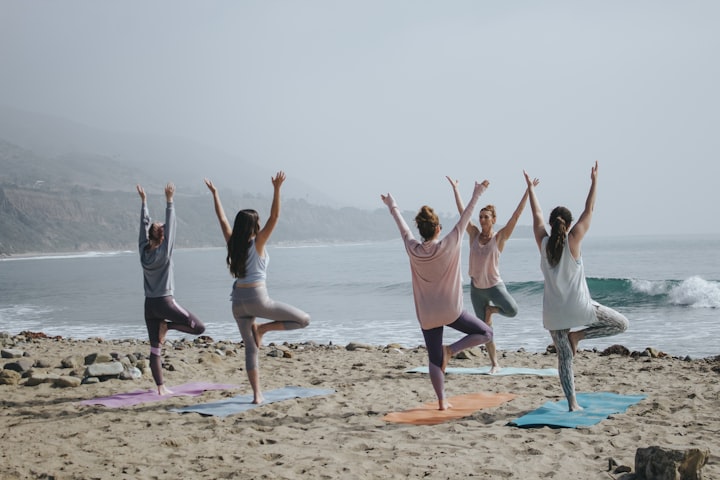
Knowing and applying the knowledge of ancient yoga in day to day life, we are talking about some simple and fundamental principles (yamas and niyama) of yoga, which can be the secret of happy and healthy life. For example, the Santosha principle (niyama) teaches the value of contentment. The Aprigraha principle can help us overcome greed or the desire to possess more, which can cause stress and anxiety. In addition, the Shaucha principle is about cleanliness of mind and body. This rule can be especially helpful if you tend to be obsessed with catching infectious diseases.
The yamas and niyamas of yoga will also help us to eat nutritious foods and live a healthier lifestyle, which goes a long way in overcoming anxiety and stress. To understand the philosophy of yoga, you may consider reading Sri Sri Ravi Shankar's commentary on Patanjali's Yoga Sutras.
# 5: Pray, keep the faith and smile!
Prayer is the best way to comfort yourself and the best support to ease your anxieties. By developing daily habits of prayer, chanting devotional songs (bhajans) you fill yourself with positive energy and it also helps to keep your mind healthy. These also confer a deep sense of faith that everything is going well, that a great Divine power is taking care of you. Also, make a conscious effort to smile more and more. It inspires confidence, calm and positivity instantly. Try it now!
# 6: Think about what you can do for others
When we are constantly stuck between "me and mine" it creates stress and anxiety. We worry about what will happen to us. Instead, shift your focus so that you can be of some use to others around you. You are investing yourself in an action of service which can give you great satisfaction and joy.
# 7: Know the impermanence of the world
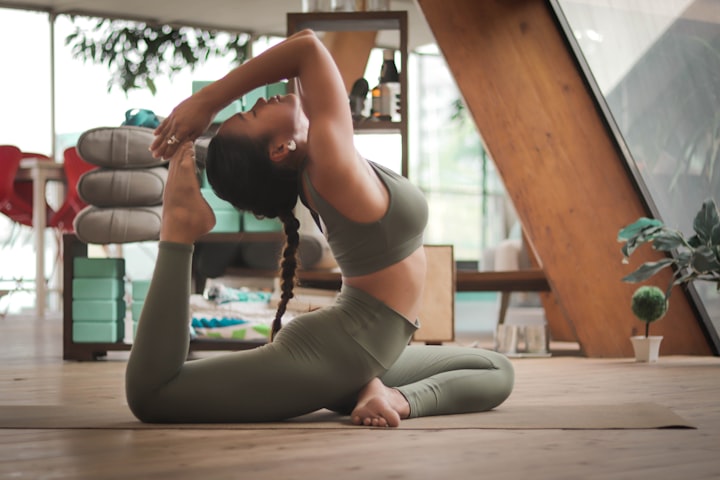
When you have realized that everything around us is temporary and should change, we become more relaxed and serene from within. A sense of "it will pass and not stay forever" settles within us and frees us from anxiety. Meditation can help us see this founding principle of life.
# 8: Remember a similar past situation where you could overcome your anxiety
This fills you with immense courage that you could still go through this situation. Remind yourself of this often.
# 9: Keep a positive environment around you
When you spend more time with people of a positive mind, you are influenced by the same thoughts, which is reflected in your overall attitude towards life. Only a positive spirit can bring joy, peace and relaxation.
About the Creator
Emma Randy
Sharing the best self-improvement tips and personal growth ideas that will help you build a fulfilling life.
My WebSite


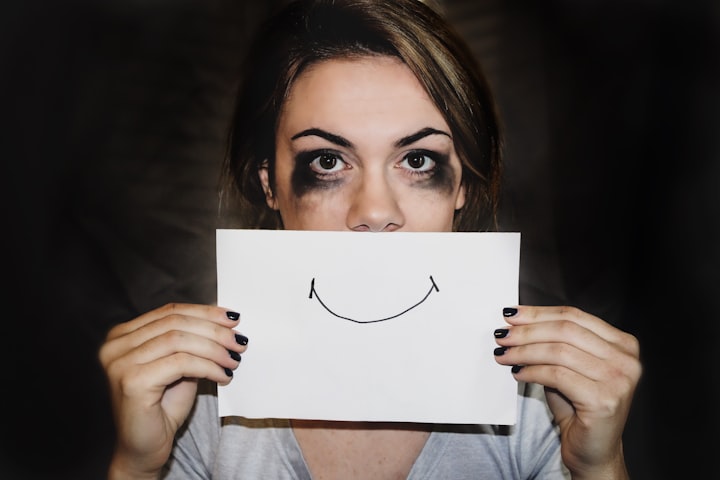



Comments
There are no comments for this story
Be the first to respond and start the conversation.